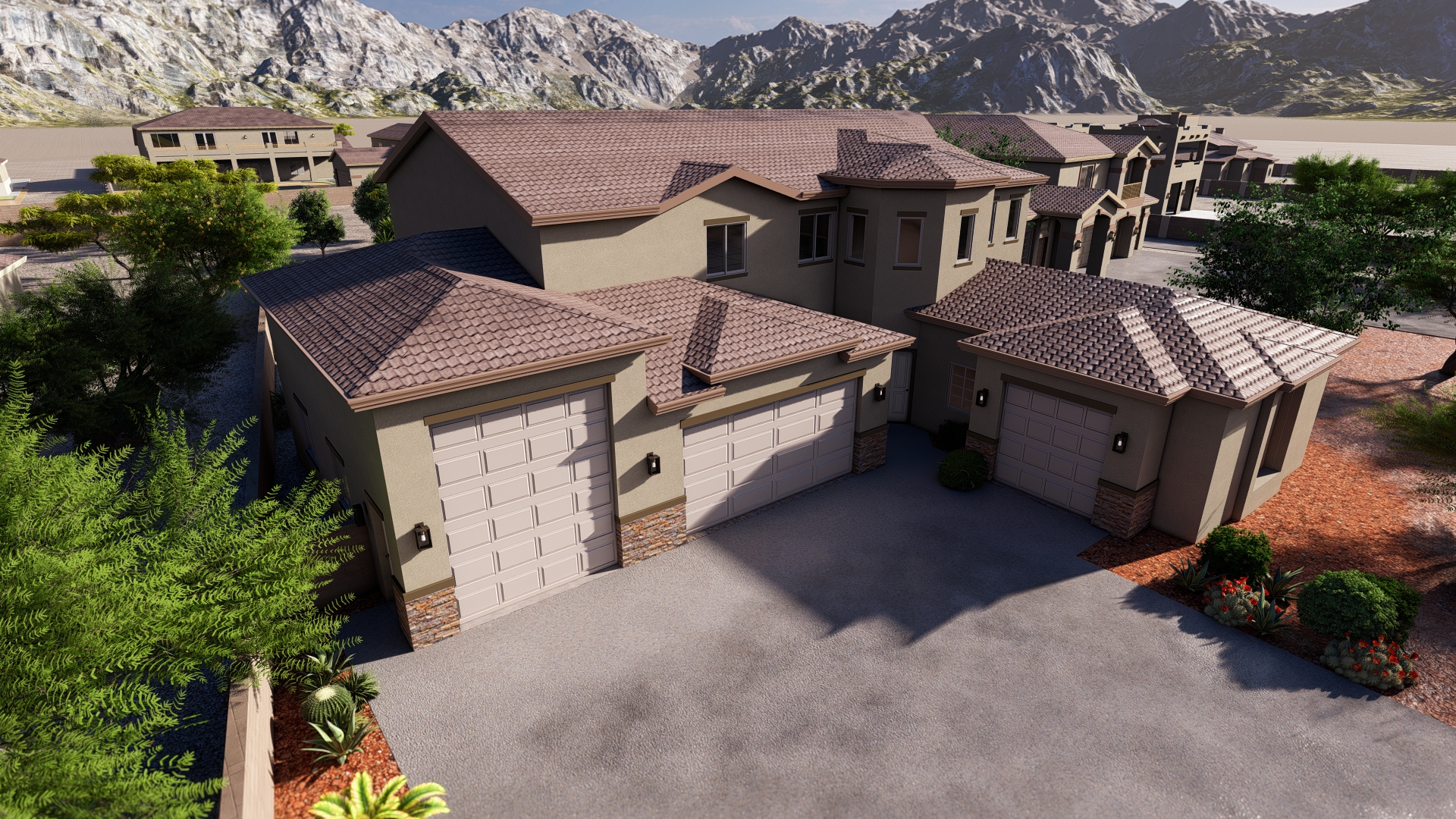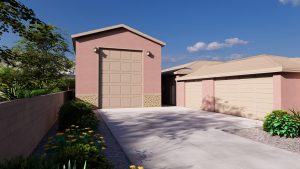
Reinforcing Strength
Rebar, short for reinforcing bar, is an indispensable aspect of concrete construction, providing supplementary strength and support to structures. In residential new build projects, rebar is primarily used to reinforce concrete foundations, walls, and slabs, ensuring the resulting structure is robust and enduring. This article offers an overview of the most frequently used types of rebar in residential new build construction and their uses.
1. Carbon Steel Rebar:
Carbon steel rebar is the most widely used rebar type in residential new build construction. Composed of carbon and iron, it boasts high durability and corrosion resistance. Available in varying grades, higher-grade rebar possesses superior yield strength. While Grade 40 rebar, a lower grade, is utilized in light-duty construction projects such as residential driveways, sidewalks, and patios, Grade 60 rebar is more commonly employed in residential new build construction due to its higher strength.
2. Epoxy-Coated Rebar:
Epoxy-coated rebar is essentially carbon steel rebar with a protective layer of epoxy coating to guard against corrosion. This rebar type is prevalent in areas with substantial moisture levels, like foundations or areas exposed to the elements. The epoxy coating acts as a protective barrier between the rebar and the surrounding environment, thereby enhancing the rebar’s lifespan and the overall structure’s longevity.
3. Stainless Steel Rebar:
Stainless steel rebar, constructed from corrosion and rust-resistant stainless steel, is often used in locations where high levels of corrosion are anticipated, such as marine environments or areas with considerable chemical exposure. Despite being costlier than carbon steel rebar, its exceptional durability and corrosion resistance make it a viable choice for certain applications.
4. Fiberglass Rebar:
Fiberglass rebar, a lightweight and corrosion-resistant alternative to conventional steel rebar, is a blend of fiberglass and resin. It’s typically used in areas where corrosion might pose a problem, such as coastal regions. With its easy-to-handle and lightweight properties, fiberglass rebar is ideal for projects where weight considerations are crucial.
5. Basalt Rebar:
Basalt rebar, an alternative to traditional steel rebar, is derived from naturally occurring, highly durable, and corrosion-resistant volcanic rock. Basalt rebar’s light weight and easy-to-work-with nature make it a perfect fit for residential new build construction projects.
Choosing the right material for rebar hinges on the specific requirements of the project and the environment. Considerations such as expected load, exposure to the elements, and potential for corrosion should be factored in when selecting rebar materials. By making informed decisions about the type of rebar and its application, builders can ensure their projects withstand the test of time.
Conclusion:
Rebar’s role in reinforcing and strengthening structures in residential new build construction is paramount. Each type of rebar brings its unique properties to the table, providing builders with options tailored to meet the specific needs of their projects. Consequently, this leads to durable, long-lasting structures designed to serve homeowners for generations.


Get A Quote For Your New Garage
We prepare your estimate for your new construction project with absolutely no obligation or cost. We prepare all of the calculations and 3d renderings for your project so you know what Arizona Garage Builders can do for you. We will prepare your proposal online so you can see it from any device..



